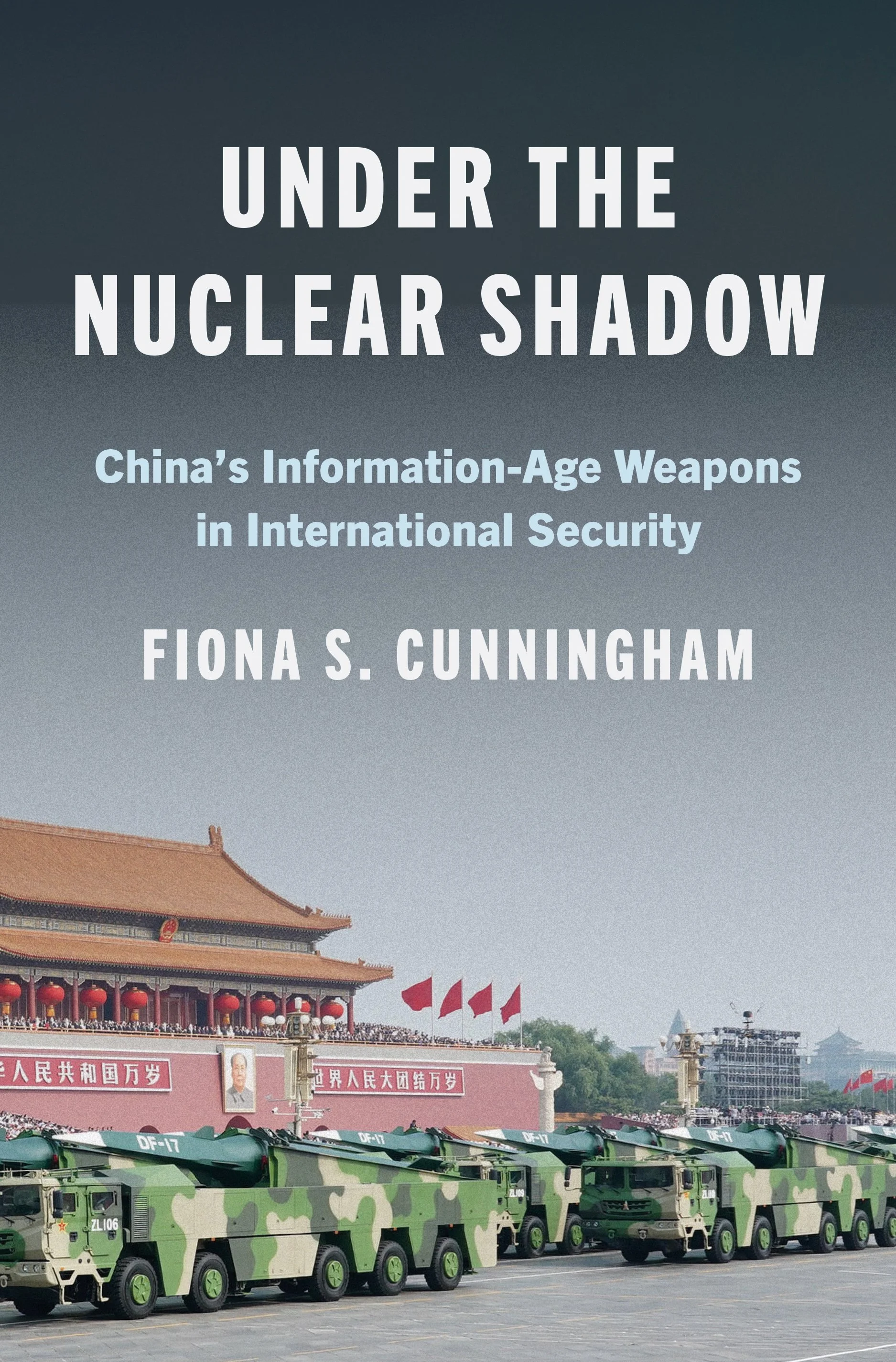Leverage Under the Nuclear Shadow
How do nuclear-armed adversaries use force to pursue their political aims without triggering a catastrophic nuclear war? In the post-Cold War era, China has taken a distinctive approach to this dilemma. Rather follow in the footsteps of its nuclear-armed peers to rely on threats of a conventional military victory or nuclear weapons use, China has defied the expectations of scholars and practitioners by searching for other military means to gain coercive leverage against its enemies. Instead, it has pursued information-age weapons—accurate missiles carrying conventional payloads, counterspace weapons, and offensive cyber capabilities—which it plans to use strategically to manipulate the risk of escalation to nuclear war.
My book, Under the Nuclear Shadow: China’s Information-Age Weapons in International Security (forthcoming, Princeton University Press), develops a theory of strategic substitution to explain Beijing’s unprecedented gamble on information-age weapons.
For more information, about my book, see the tab on my website and the Princeton University Press website.
In 2002 I published an International Security article, “Strategic Substitution: China’s Search for Coercive Leverage in the Information Age,” which draws on my book. The article uses the theory of strategic substitution to explain China’s pursuit a coercive cyberattack capability to address a leverage deficit after the United States bombed China's embassy in Belgrade in 1999. It also documents the evolution of the People’s Liberation Army’s force posture for offensive cyber operations as China’s own vulnerability to cyber attacks increased.
Photo (above): posters promoting reforms of the Chinese military at the end of 2015.

